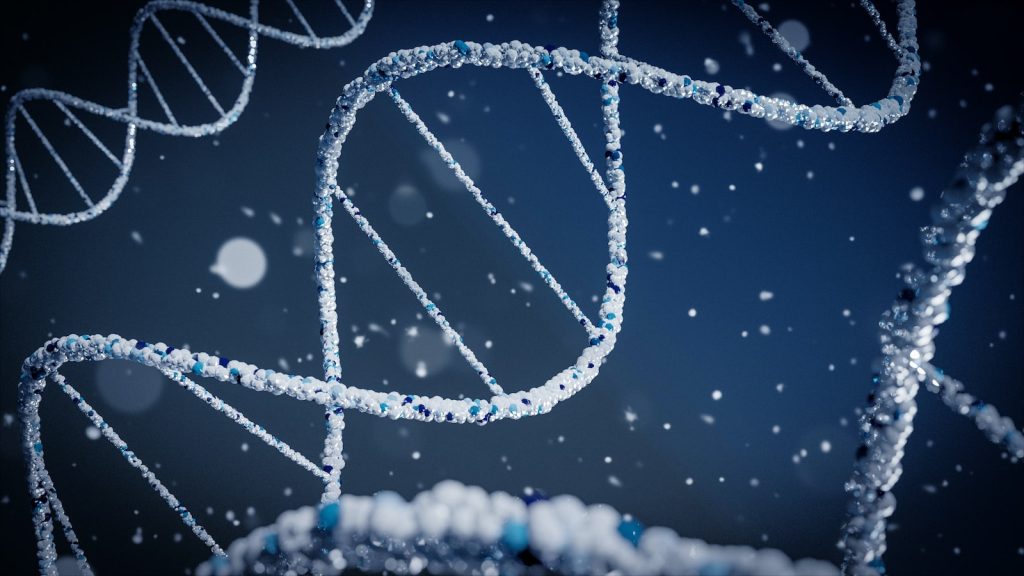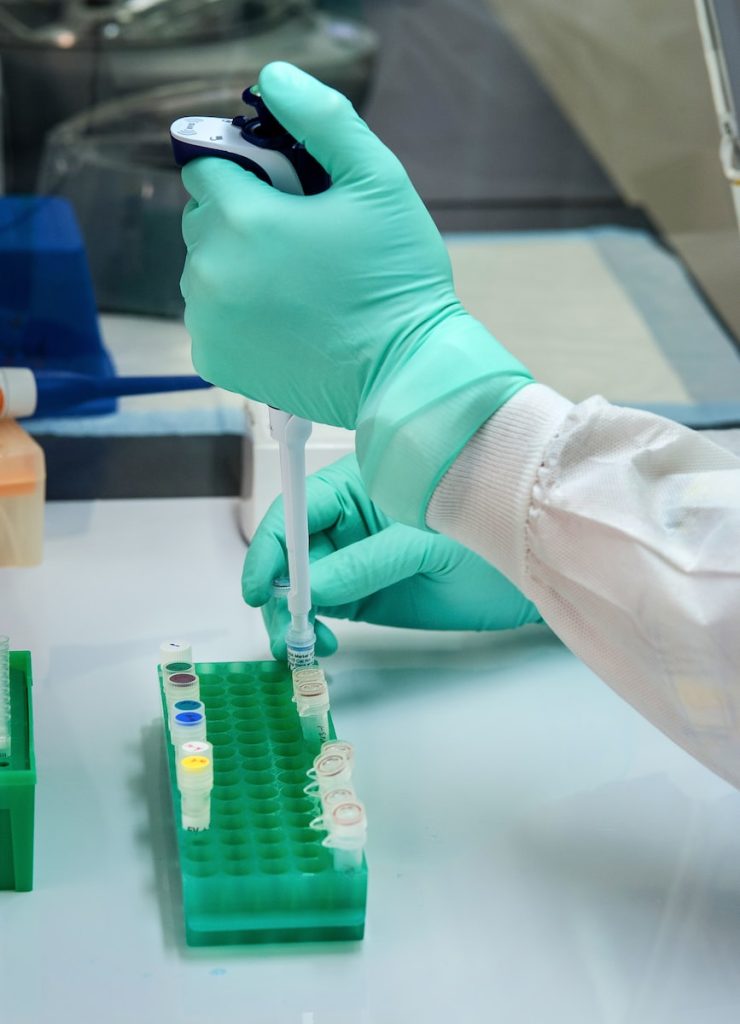DNA testing in the Halsted one-name study
There can be no doubt that DNA testing is a valuable tool when investigating a family’s lineage. It can supplement the paper sources which are used in genealogical research. It is very satisfying when the results from DNA tests confirm that a family line, which has been deduced from the records which document the lives of our ancestors, is correct. However, the source records may not have survived, are ambiguous about who is the correct parent, or our ancestors recorded erroneous information for whatever reason. As DNA cannot lie, its testing can be a very useful addition to the written records. It is also a useful tool to help break down apparent brick walls that could involve either close or distant relatives.
Taking the Test
The test is harmless and carried out at home. Depending on the testing company chosen, that will either be a cheek swab or a saliva sample.
The two most useful types of test used in genealogy look at autosomal DNA and Y-chromosome DNA. Which test you take will depend on the question you are asking. In some cases, both tests may be required to find an answer.


Where do DNA tests fit into the research conducted by the Halsted Trust?
Every male will have inherited his Y-chromosome from his biological father and will pass it to his son. This therefore follows the conventional paternal surname line. So a living Halsted man should in theory match other Halsted men, with their common ancestor being possibly hundreds of years ago. This can be tested in living men through a DNA test from FTDNA, the only company that currently offers such a test for genealogists.
Our question is: do all current men who are now called Halsted (or one of its variants) have the same form of Y-chromosome suggesting that they all ultimately have just one male ancestor? Alternatively, do multiple current forms of the Y-chromosome suggest that the same surname was assumed by several different, geographically diverse, regional families, some seven centuries ago?
The Y-DNA results of those men, who are part of the Halste(a)d surname project, can be viewed at:
https://www.familytreedna.com/public/Halstead?iframe=ycolorized
We wish to add significantly to this database of males who bear the surname of Halste(a)d and its variants to see what this type of DNA tells us about the origins of the different family branches and whether we can connect some of our smaller family trees into the larger picture.
The Trust is offering a Y-DNA test free of charge to eligible males, particularly those claiming descent from certain branches.
Autosomal DNA is passed down from both parents to their children. The normal human has 22 pairs of autosomes, one of each pair being inherited from their father and mother. Thus, you receive half of your autosomal DNA from each of your parents. In turn this means approximately 25% is from each grandparent and 12.5% from a great-grandparent but these are only averages. The random selection of DNA passed to you means you may get 20% from one grandparent and 30% from the other.
After only about 5 to 7 generations, the amount of shared DNA will become so small that it may not be useful, i.e. your 4th cousin will have zero or very little DNA in common with you.
We are offering an Autosomal DNA test free of charge to suitable candidates. We are particularly interested in using Autosomal DNA testing in order to find male relatives for a Y-DNA test. You need to have Halsted ancestors but you don’t need to bear the Halsted surname in order to be possibly eligible.
We are also interested in people with the Halsted surname.
We always recommend Autosomal testing on Ancestry.com as they have by far the largest database of testers – you will get thousands of matches – and the best analysis tools for comparing DNA and finding matches.
Whether you take a Y test or an Autosomal test, we will work with you to get the best out of your results for the Trust’s project. You will always own your data and can of course use it for other research reasons. We trust that you will allow us access.
Note that in both types of test there is a very small chance that you make a surprising discovery, such as your close family are not who you thought they were, or you have close relatives you knew nothing about.
Please contact Hester Coley at dna@halsted.org.uk for any advice on DNA or to request a test. She is also an administrator of the above-mentioned surname project on FTDNA.com.
